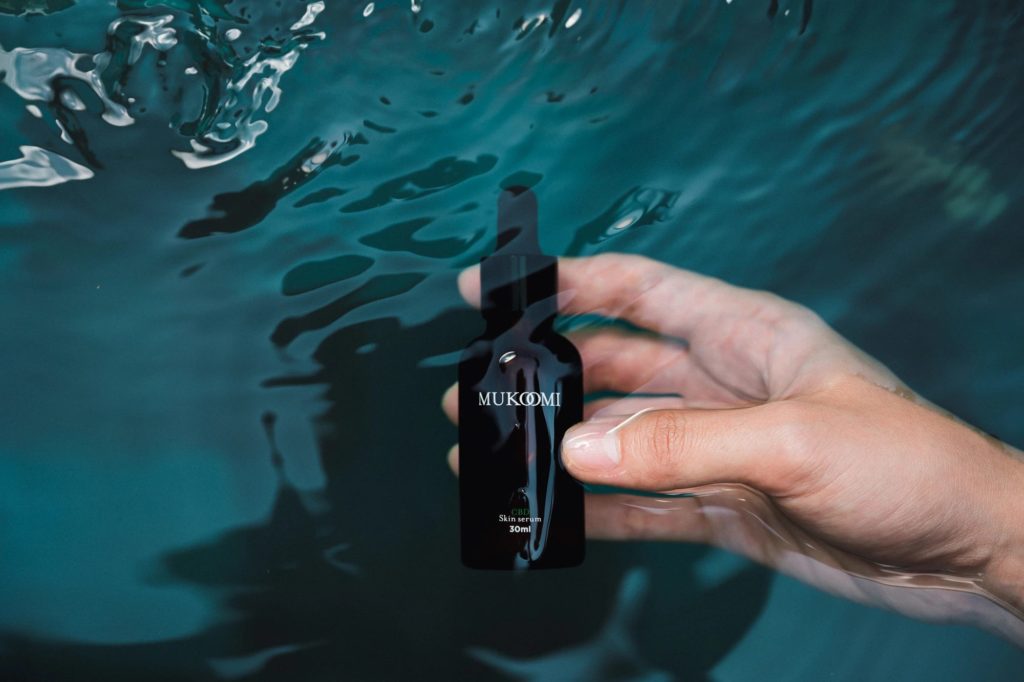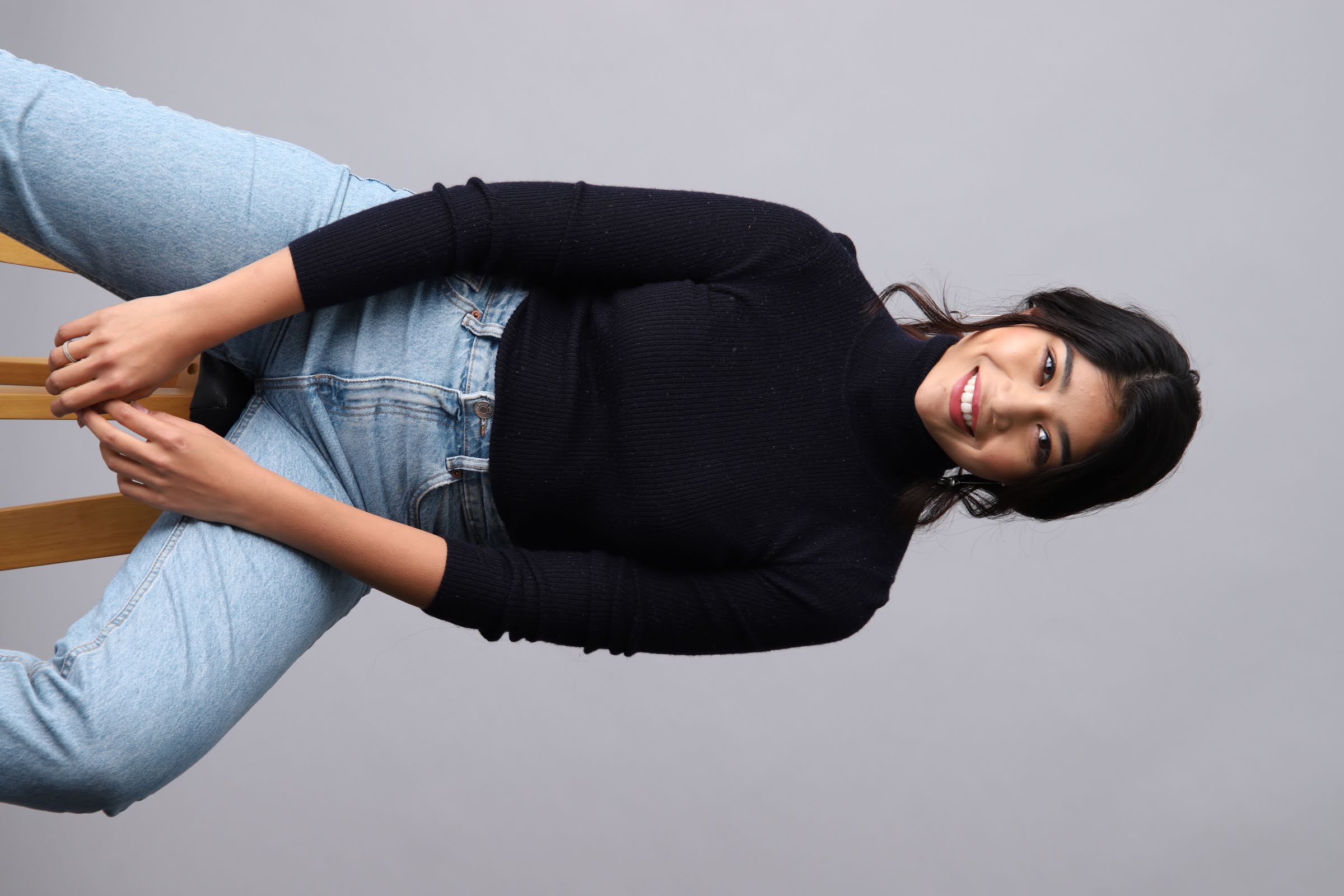Campaigning For Diversity In Japan’s Beauty Industry With Priyanka Yoshikawa
From Miss World Japan To Entrepreneur In The Wellness World
From moving from Japan to the States to India all before the age of 10, to being picked on at school for looking different to winning the 2016 Miss World Japan title—and being the first half—Japanese contestant to do so, Priyanka Yoshikawa is the definition of resilience.
While she’s been a staple of the modeling world in Japan and abroad since finishing high school, Priyanka has used her media attention to shine a light on how important it is to embrace diversity in a nation as homogeneous as Japan.
In May she’s also just launched an ageless, genderless, and ethnically diverse CBD wellness and beauty range to help solidify her message, inspired by her experience as a multi-racial woman growing up in Japan and her excitement for aging.
You had a pretty exciting childhood, can you tell us a little bit about your background?
I was born in Tokyo to a Japanese Mom and Indian Dad. My Mom has an incredible passion for learning, so when I was in the first grade, I moved to California with her so she could broaden her studies.
Going to school in the States was so eye-opening, the diversity of my classmates was something that opened my eyes to the world and was such a formative experience for me. It was the first time I’d really seen peers that looked like me. I really think while I didn’t know it at the time, this set the foundations for what my life’s ambitions would later become.
[…] the diversity of my classmates was something that opened my eyes to the world and was such a formative experience for me
But by the time I was in 4th grade [nine years old], my Mom was completing her studies, and my Dad was out of Japan a lot on business, so my parents asked me to decide between moving back to Japan to live with my grandparents, or going to India to live with my father’s family. After so much time outside of the country, I couldn’t imagine going back to life in Japan, so I chose to move to India. I moved to Calcutta to live with my cousins and get in touch with my roots, and I learned basic Bengali in a month.
When did you come back to Japan?
In the 6th grade, I moved back to Tokyo. It was a massive culture shock. I had the darkest skin out of anyone in my class, and I couldn’t read or speak Japanese that well. While I think now in hindsight, it’s made me a lot stronger, at the time I was outcasted for being different. My classmates would make comments about my body hair, and if they touched me, they’d try and wipe off the ‘germs’ that they thought they would catch from me.
I quickly learned that in Japan, nobody wants to stick out, while the US is a very multicultural country. India isn’t super multicultural, but the country has a lot of internal diversity. The culmination of these experiences made me question identity, and my understanding of that concept means.
How did you first become involved in Japan’s beauty industry?
After school, I was doing modeling; I think my attraction to the beauty world was an act of defiance to all the kids in school who made comments about how I looked. I believed in myself and thought it was a way to show people that what makes me different makes me beautiful.
I got scouted for pageants and decided to compete in the Miss World Japan 2016 pageant because its mission is “beauty with a purpose.” I was the first “hafu” (half-Japanese) crowned Miss World Japan and the second to win a pageant in all of Japan after Ariana Miyamoto, who had previously won Miss Universe Japan in 2015.
Through winning the pageant, you became a key face of diversity in Japan, something that you lean into heavily, you even did a TEDx Talk on it two years ago. Have you noticed Japan become more progressive in the years since that?
Yes, being half, and especially half Indian garnered a lot of attention both in Japan and in India. The move to use my newfound platform to talk about diversity was an organic transition, and one I was happy to embrace.
My TEDx Talk was about how, as a mixed-race person, I was always being defined by others for how they categorized me. That was, either being not Japanese enough or surprisingly ‘Japanese’ for a ‘hafu’ when I spoke and wrote Japanese (which is my native tongue). I wanted to let people know that while the world may want to categorize you or put you in a box, only you can define you. Hence the title of the talk “Define Yourself.” I think Japan is a little more progressive than it was a few years ago, sure, but I also think we still have a long way to go!
Lately, though you’ve moved away from just talking about diversity, and you’re looking to advocate more about ageism in Japan, why is that?
Last year, 2019, I turned 25, which I know is comparably young, but in Japan, and especially in the beauty industry, 25 is old. There’s an old Japanese slang about Christmas cake; it was used to refer to an unmarried woman suggesting that past the 25th, they’re considered past her prime.
As I got closer to that age I started to notice the beauty in aging. I’d look at my Mom’s laugh lines and fall in love with how much character and personality they brought to her aura. When I adjusted my way of thinking, I wasn’t scared of becoming ‘old’ but excited about moving through this stage of life. It’s this age’s philosophical milestone that inspired me to create the beauty and wellness line Mukoomi, which launched in May this year.
Can you tell us about Mukoomi?
Mukoomi is a CBD-based skincare and wellness line I co-founded with business partner Shahdan Calcuttawalla. I noticed there wasn’t much out there in Japan in the way of gender-neutral CBD skincare and beauty products that targeted an ethnically diverse and age-diverse customer base. We don’t claim for our products to be ‘anti-aging’ because we’re not against aging, we want to inspire people to embrace the skin they have now, and help maximize its potential.
The name is a play on the Japanese words mukou (向こう)—beyond and miru (見る)—to see, I wanted people to see beyond the current status quo, and inspire. My dream is to build a community around the Mukoomi brand and showcase the beauty of diversity in all its forms, with a special focus on the Japanese market.

What do you think is the general perception of CBD products in Japan?
Because CBD comes from the cannabis plant, and marijuana is strictly prohibited in Japan, there is a lot of disinformation and uncertainty about what CBD is, and whether it’s safe and legal. CBD is legal and safe in Japan, and many people—including myself—have been enjoying its benefits for a long time now.
I used to have very dry skin, it was itchy and bumpy, and sometimes it would bleed. I went to five different doctors who told me different things; they gave me lotions with steroids, which I couldn’t even pronounce. One day my Mom saw the lotion I was using and asked me, “why are you using this?” She said she knew someone who offers more natural solutions. I started to use natural unscented hemp products with high moisture, and it really helped my skin. Hemp is great because it gives that deep moisture. I wanted to create a skin product I had problems and want to offer a new solution
[…] we want to inspire people to embrace the skin they have now, and help maximize its potential
I think if some trusted CBD brands can stay transparent, communicate clearly with customers and offer a high-quality product, then it has the potential to change the wellness landscape in Japan. That’s why I do what I do, to shift the beauty and wellness landscape here in Japan, and hopefully, help educate and inspire others. I always try to remain accessible and transparent. So if anyone ever has questions and CBD, wellness, beauty, or diversity in Japan, I encourage them to reach out to me or Mukoomi and connect because while we may look different or have unique experiences, we’re all in this together.
You can find out more about Priyanka’s latest project, Mukoomi over at mukoomi.com, or on Instagram and Facebook. If you want to know more about CBD, be sure to check out our Savvy guide to CBD.














Leave a Reply